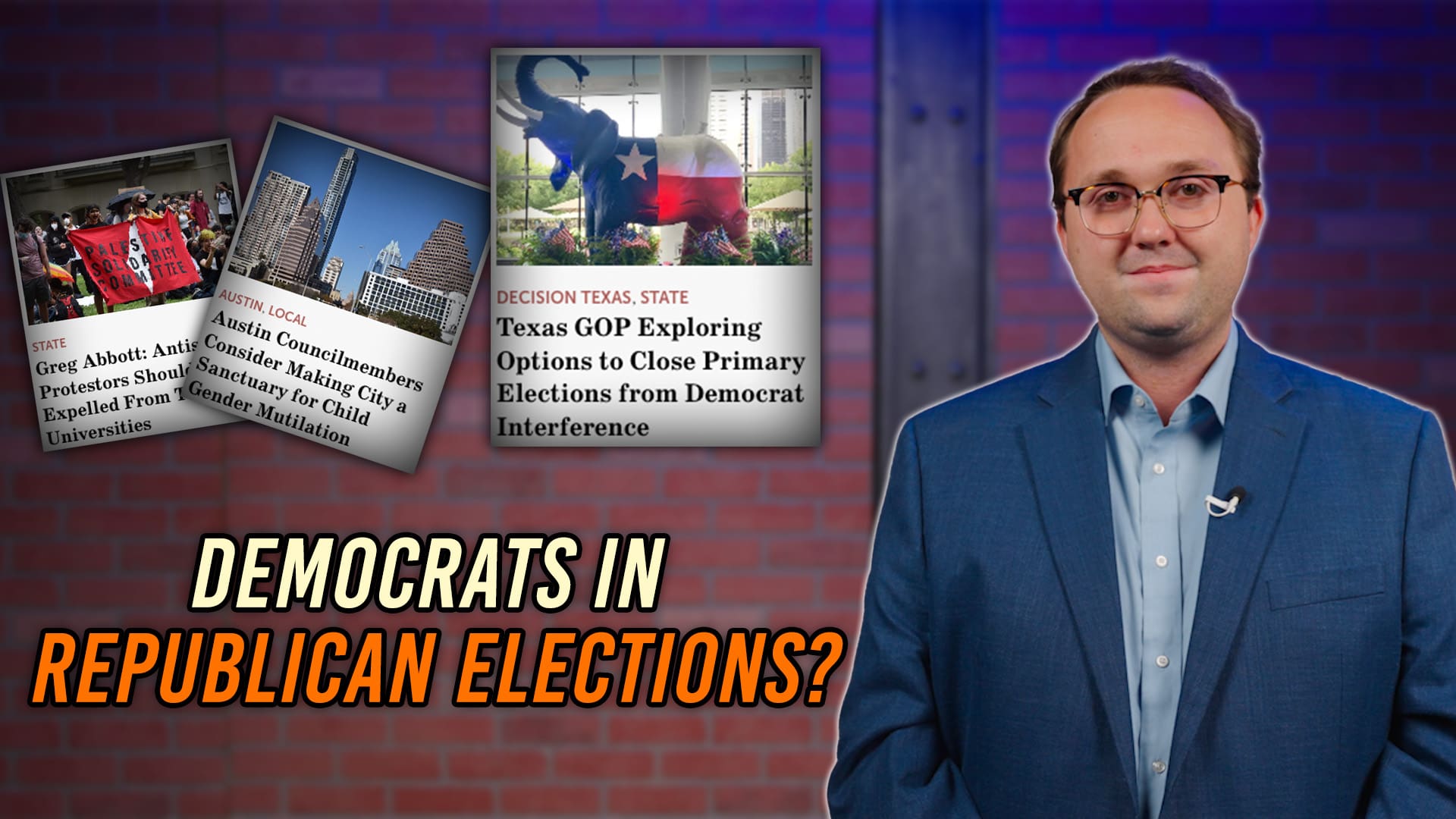Beginning November 1, Midland County will be the first in Texas to implement a unique victim assistance program solely focused on victim restitution.
The program, initiated by Midland District Attorney Laura Nodolf, is made possible by a grant from Gov. Greg Abbott’s office. The funds will provide for a restitution specialist, whose primary responsibility will be to work on behalf of victims to advocate for rightful compensation of costs associated with a crime (such as medical treatment, loss of income, or counseling). The specialist will also have to overcome the most challenging hurdle in the restitution process—successfully contacting the victim.
In 2016 and 2017, Midland County mailed letters to over 2,000 victims offering restitution assistance, but only 589 responded. The DA’s office identified a variety of factors for the lack of response, ranging from inadequate contact information from the law enforcement agency to victims misunderstanding how to fill out the form, relocating, or having a reluctance to participate in the criminal justice system. However, the DA projects the need for victim assistance will only increase over the next decade, due to “trends in the economy, the socio-economic makeup of the community, and increasing population.”
While the transient nature of Midland’s population looks to pose a unique roadblock to victim communication, a study by Sam Houston State University (SHSU) cites only a small percentage of victims receive reparation payments in general.
Yet the county’s new program seeks to change that percentage, not only increasing monetary reparation but restoration for the victim as a whole.
“It is our sincere desire that victims of crime be made as whole as possible and are afforded necessary services,” Nodolf wrote in the grant application. She later states that the program can be helpful even if offenders aren’t able to provide monetary repayment.
“By allowing victims a role in alternatives to payment, the office is placing the power back in the hands of the victim even if we cannot restore them fully with monetary compensation,” she said.
While Midland County currently has a victim assistance coordinator and similar programs exist in several other counties, Nodolf states that “this program is unique in that the sole focus is on restitution and not general victims’ services.”
The victim restitution concept has been advocated by the restorative justice community for decades and has slowly been making a comeback in the U.S. criminal justice system, most recently at the local level.
As described in the study by SHSU, the U.S. has historically viewed crime as “harm against the state” rather than an individual, which effectively eliminated victims from the justice process. That began to change in the 1970s, however, after the first modern restitution center opened in Minnesota.
“Maintaining an open mind has moved the [district attorney’s] office away from a state-focused prosecution to more victim-minded prosecution,” Nodolf wrote. “Our sincere concern is when the victim’s case concludes that they walk away feeling that their needs have been met, they are whole, and that the criminal justice system has worked with them and not against them.”




